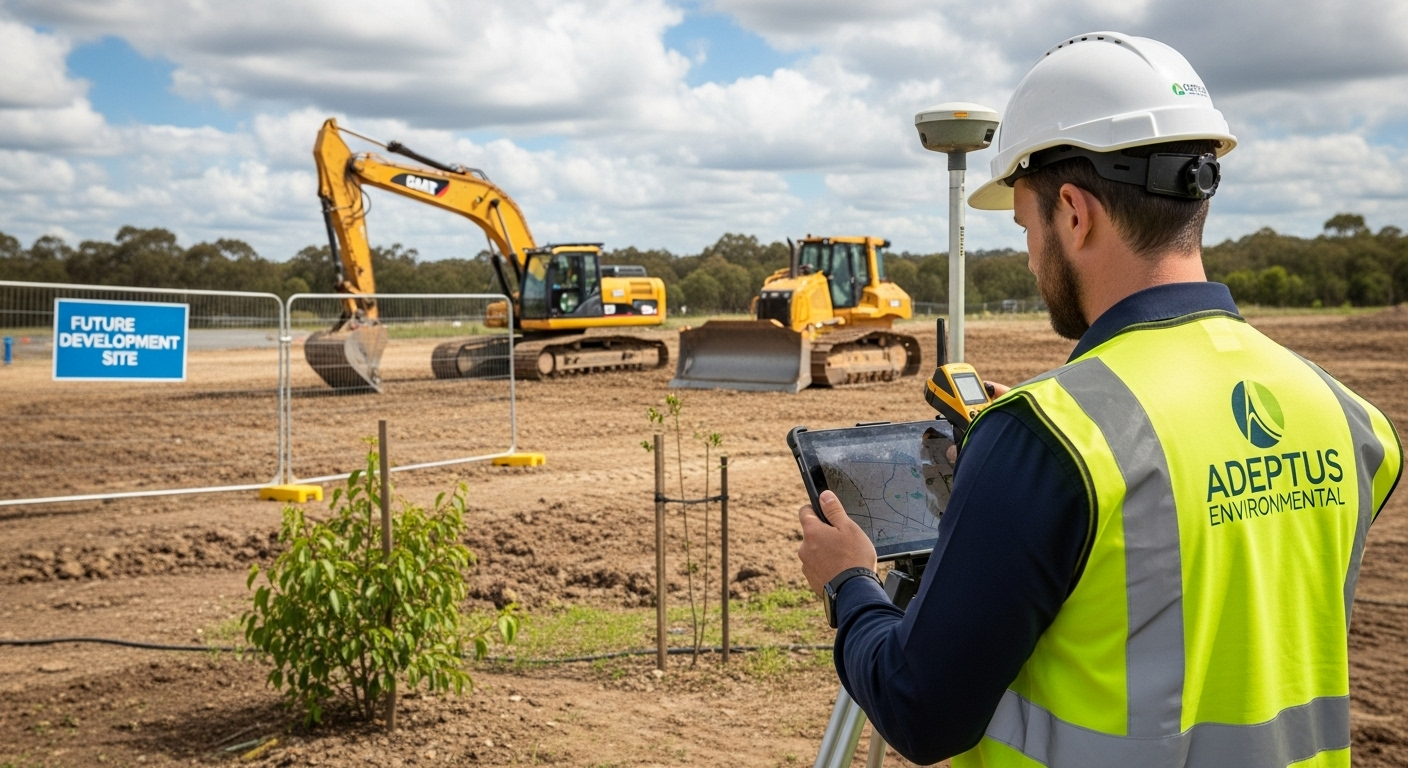Property development is an exciting journey that transforms ideas into tangible spaces where people live, work, and build communities. However, before a single brick is laid, developers must ensure that the land they plan to use is safe, sustainable, and compliant with environmental regulations. One critical step in this process is commissioning a professional contaminated land survey. This specialized service not only protects future occupants but also safeguards the investment and reputation of developers.
Understanding What a Contaminated Land Survey Involves
A contaminated land survey is a thorough investigation that assesses whether a site poses risks to human health, the environment, or nearby water sources due to pollutants or hazardous substances. These surveys go beyond the surface, looking into the history of land use, soil and groundwater quality, and potential liabilities tied to contamination.
Professional surveyors often begin with desk-based research into the site’s history, reviewing old maps, planning records, and environmental data. They then follow up with on-site inspections, soil sampling, and laboratory testing. This structured approach ensures that any issues are identified early and that remediation strategies can be designed before development begins.
Why Developers Cannot Afford to Skip the Process
For developers, the consequences of ignoring a contaminated land survey can be severe. Building on polluted land without proper assessment and remediation may lead to costly delays, unexpected cleanup expenses, and legal action from regulatory authorities. In the worst cases, it can also cause reputational damage if a development later proves unsafe for residents or the environment.
On the other hand, engaging professional contaminated land survey services brings peace of mind. It allows developers to understand the true condition of the site, plan effectively for any remediation, and proceed with confidence that their project complies with environmental standards. This proactive approach reduces risk and helps keep projects on schedule and within budget.
The Human and Environmental Impact
Contamination is not always obvious. Sites that once hosted industrial activities, fuel storage, or waste disposal may still harbor harmful substances decades later. Without a proper contaminated land survey, these hidden hazards could go undetected.
From a human perspective, exposure to pollutants in soil or groundwater can pose health risks for future residents and workers. From an environmental standpoint, contaminants can migrate into nearby rivers, streams, or ecosystems, causing lasting damage. By investing in professional survey services, developers contribute not only to safer communities but also to the protection of natural resources.
Supporting Smarter Planning Decisions
A contaminated land survey does more than just highlight problems; it also supports better decision-making during the planning process. The results of a survey can inform where to build, how to design foundations, and whether remediation is required before construction begins.
For example, if contamination is concentrated in one section of the site, developers might choose to adjust layouts to avoid disturbing the affected area or to incorporate specific remediation strategies. This level of foresight can significantly reduce costs and make developments more sustainable.
Meeting Regulatory Requirements
Property development is closely regulated to ensure that land use is safe and responsible. Local authorities often require a contaminated land survey before granting planning permission, especially if the site has a history of industrial use. Failure to provide adequate environmental assessments can delay approvals and stall projects indefinitely.
Professional contaminated land survey services ensure compliance with these regulations by producing detailed, transparent reports that meet the standards expected by planning authorities. This not only helps developers move smoothly through the approval process but also demonstrates their commitment to responsible and ethical development.
The Value of Expertise and Technology
Modern contaminated land survey services combine deep expertise with advanced technology. Experienced surveyors bring knowledge of environmental law, soil science, and construction requirements, while sophisticated tools such as GIS mapping, geophysical testing, and laboratory analysis provide accurate data.
This blend of human expertise and technological precision allows surveyors to deliver reliable insights quickly and efficiently. Developers benefit from clear recommendations, backed by evidence, which they can use to plan next steps with confidence.
Building Trust with Stakeholders
For property developers, trust is a cornerstone of success. Investors, regulators, and future occupants all want assurance that a development is being managed responsibly. Commissioning a professional contaminated land survey sends a strong signal that a developer takes environmental safety and community well-being seriously.
This trust can translate into stronger relationships with planning authorities, smoother negotiations with investors, and a positive reputation among future buyers or tenants. In an industry where credibility matters, this is a significant advantage.
Looking Ahead: Sustainable Development
As sustainability becomes a central focus in property development, contaminated land surveys are gaining even more importance. They align with the broader goals of creating developments that are safe, environmentally responsible, and future-proof. By identifying and addressing contamination issues early, developers contribute to the circular use of land—transforming brownfield sites into vibrant spaces without putting people or ecosystems at risk.
Conclusion
Professional contaminated land survey services are more than just a box to tick on the development checklist; they are a critical step in creating safe, successful, and sustainable property projects. By uncovering hidden risks, supporting smart planning, and ensuring compliance with regulations, these surveys protect both people and the planet while reducing financial and legal risks for developers.
For property developers aiming to build with confidence and credibility, investing in a contaminated land survey is not just a regulatory necessity—it is a responsible and forward-thinking choice that sets the foundation for long-term success.





